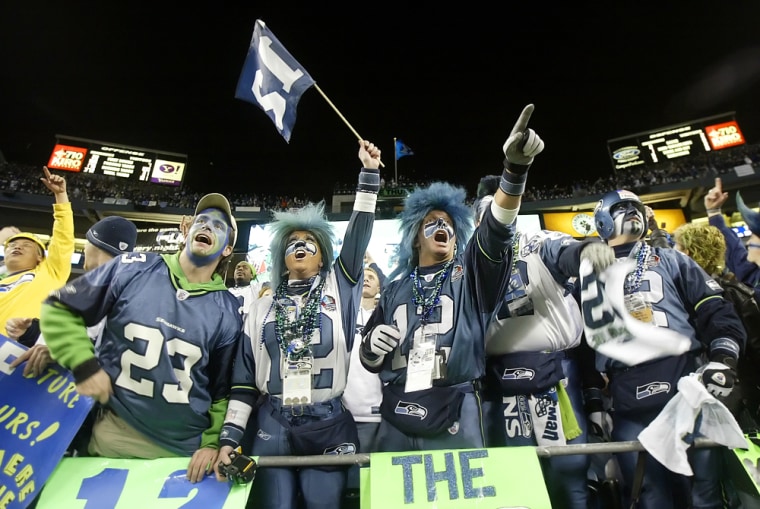This year’s Super Bowl teams appear to have little in common. The Pittsburgh Steelers are making their sixth Super Bowl appearance; the Seattle Seahawks, their first. Before this year, the Seahawks hadn’t even won a playoff game in 21 years and only three in their entire history. Pittsburgh won ten playoff games during Seattle’s playoff drought and 24 in its storied history.
The Seahawks are led by Microsoft co-founder and billionaire Paul Allen, who bought the team in 1997. The team represents a scant 4 percent of his $22.5 billion net worth. Daniel Rooney owns the Steelers, and the team represents almost the entirety of his wealth. The Rooney family has owned the team for more than 70 years and has been instrumental in building the National Football League into the premier sports league in the United States.
But for all of their differences, the teams are almost carbon copies when it comes to their finances (excluding Allen’s outsized checkbook). Both play in new stadiums. The Steelers' Heinz Field opened in 2001, while the Seahawks home, Qwest Field, was christened in 2002. Both teams contributed around $130 million to stadium construction. The Steelers and Seahawks have almost identical revenue. For 2004, total revenue came to $183 million for Seattle and $182 million for Pittsburgh.
The one big difference between the teams is profit, where the Steelers' $36 million in operating income dwarfs the Seahawks' $14 million for 2004. This is due to player costs: Seattle ranked fifth in the NFL, and Pittsburgh ranked 22nd. But the NFL’s salary cap system results in big swings in player costs and hence profit from year to year. Two years earlier, the Steelers had the league’s highest payroll, while the Seahawks were 23rd.
A super matchup
Allen's $194 million investment is up 20 percent annually since buying the Seahawks in 1997. The Rooney family paid $2,500 in 1933 and has seen the value of their franchise increase 19 percent annually (a 32,799,900 percent gain not annualized: another argument for the power of compounding).
One of the reasons behind the mirror finances of the two teams is the socialist nature of the NFL. Each team receives an equal share of revenue from national media contracts, licensing and ticket receipts from away games. The bulk of this $116 million stipend (2004) was delivered from the league’s eight-year, $17.6 billion television contracts with The Walt Disney Co., Viacom and News Corp. NFL owners will stay flush thanks to a new round of TV contracts that kicks in next season and adds General Electric's NBC to the mix. These new deals promise an additional $3.7 billion per year, to be split evenly among the league’s 32 owners.
Want to know who is going to win Sunday’s big game? Vegas says the Steelers, and most NFL experts are sticking with Pittsburgh. But consider this: Since we started valuing NFL franchises in 1998, the Super Bowl winner has always been the more valuable franchise each year. This includes 2002 and 2003, when the winning team was the underdog. This is the smallest spread yet in franchise value between the two Super Bowl teams. So if history repeats, that $3 million or 0.36 percent difference in franchise value means that Pittsburgh’s bus will be out of gas after three straight road playoff games.
